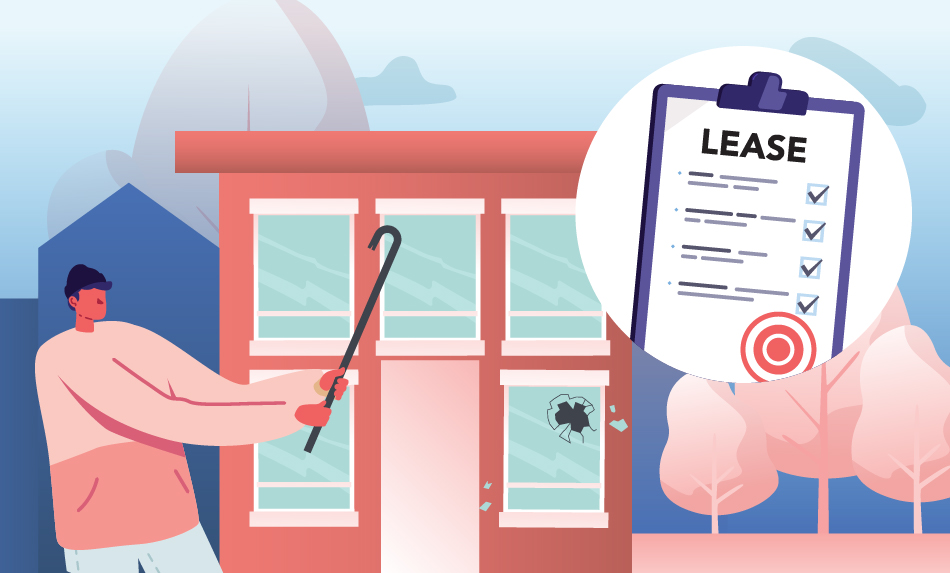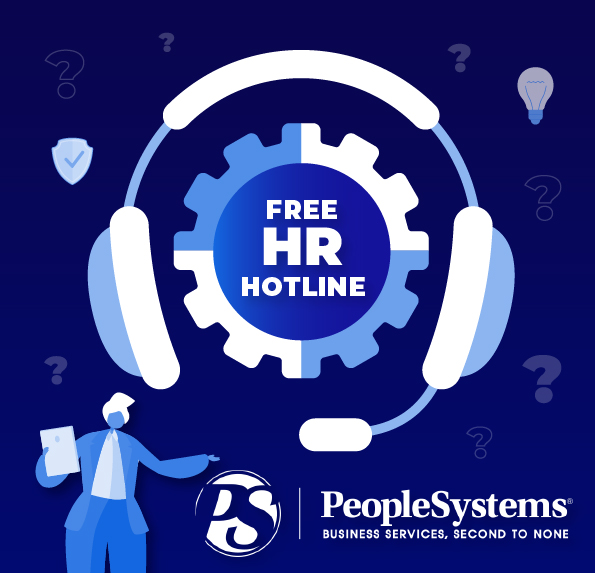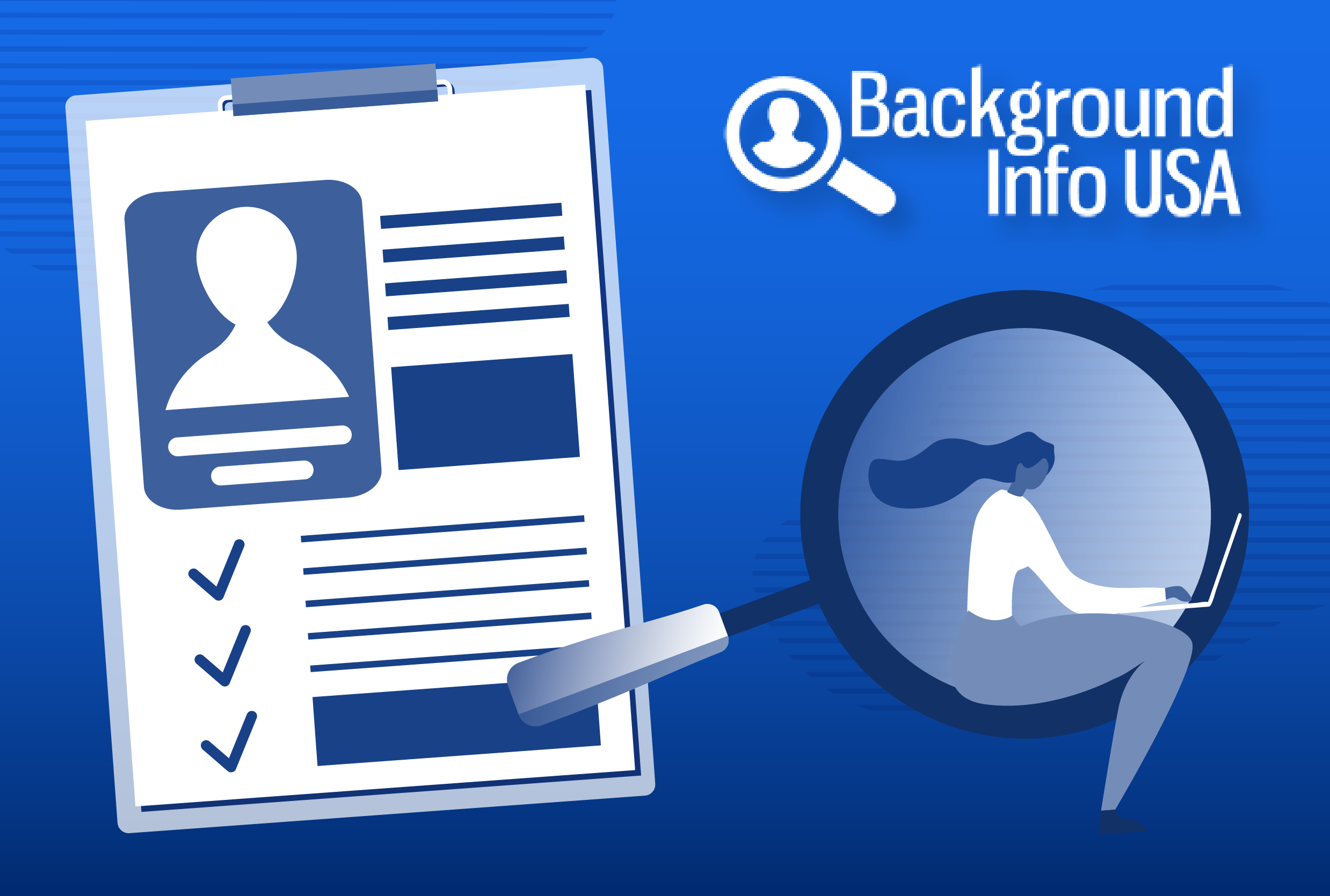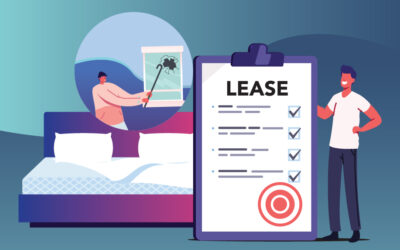Picture this: You’re a commercial property owner, and you’ve just been served a lawsuit. The claimant tripped on your property and sustained serious injuries. They claim negligence on your property caused their injuries. You feel some relief when you recall that the lease between yourself and your tenant stipulates you are not responsible for sidewalk maintenance. At least, you think it does …
Who’s Responsible?
Leases are not always as black and white as they appear. Typically, gray areas become apparent when it comes time to determine responsibility for property maintenance and upkeep. Follow these tips to avoid any confusion if a claim arises.
- Do not leave room for interpretation — each party’s obligations should be set forth in clear and unequivocal terms
- In most leases, it’s standard that the landlord maintains the exterior and structural aspects of the building while the tenant maintains the interior
- Ensure the lease includes in-depth descriptions of how maintenance will be handled, including who specifically is responsible for different types of maintenance tasks and repair costs
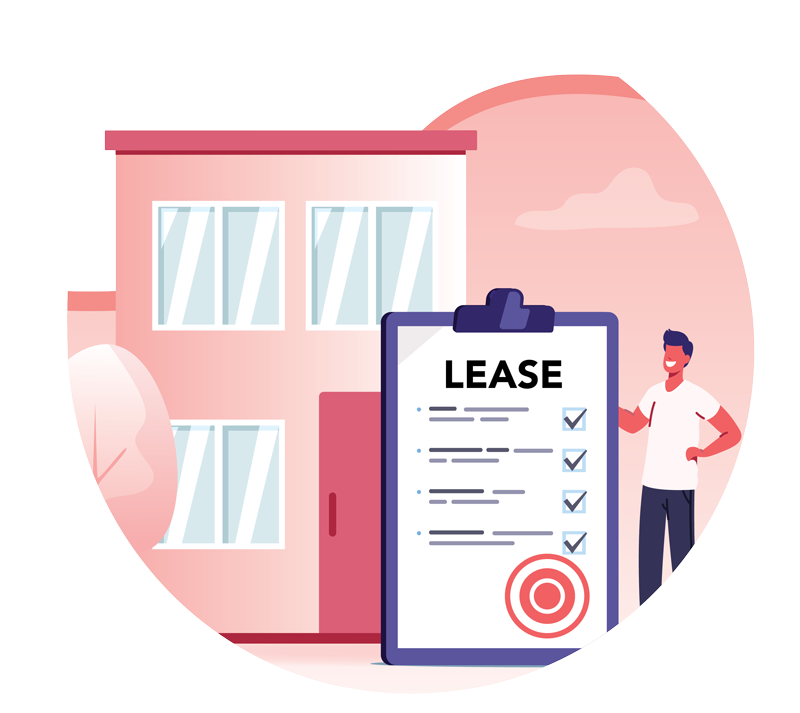
Should Your Tenant(s) Obtain Their Own Commercial Insurance?
In short, yes! But why?
You might assume if a tenant fails to obtain a commercial insurance policy, they would be responsible for paying for any losses they incur. In reality, these losses can land on your insurance policy, and you could ultimately be the one footing the bill. Requiring tenants to purchase commercial insurance can help you avoid situations like this and benefit you in the following ways:
- Your tenant(s) having general liability and property coverage means there is less of a chance your policy will need to respond to a loss and your personal assets will be put at risk
- Tenants who have commercial insurance are less likely to contact you in the event of property damage or losses due to theft, saving everyone time and money!
- Decrease in insurance premiums:
- An increase in claims typically results in a higher insurance premium
- Requiring your tenant(s) to obtain their own insurance can save you from claims you would otherwise have to report on your policy
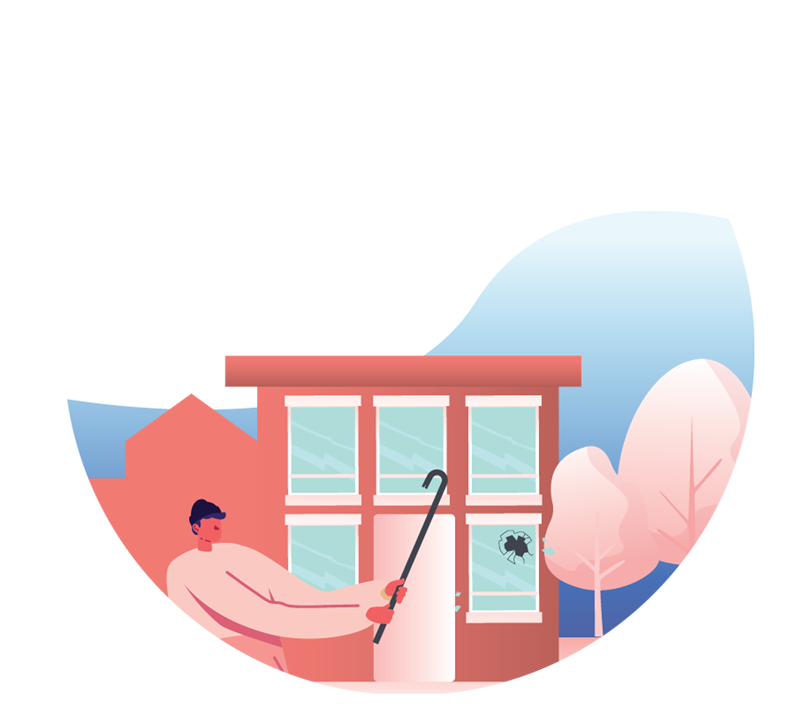
What Steps Should a Commercial Property Owner Take?
- Make commercial insurance a requirement in your lease, and provide the recommended limits a tenant should purchase
- Connect your tenant to an insurance agent or website
- Obtain proof of insurance prior to a lease being signed
- Provide a complaint or maintenance form to your tenant(s) that allows them to notify you of any needed maintenance
- If a dispute arises, you could benefit from referencing a log with the date and details of maintenance requests
- Have a professional review your lease
- Review and update leases at the end of each lease term
- Draft leases with separate sections and headers so that they’re easy to navigate when reviewing for specific terms and obligations

